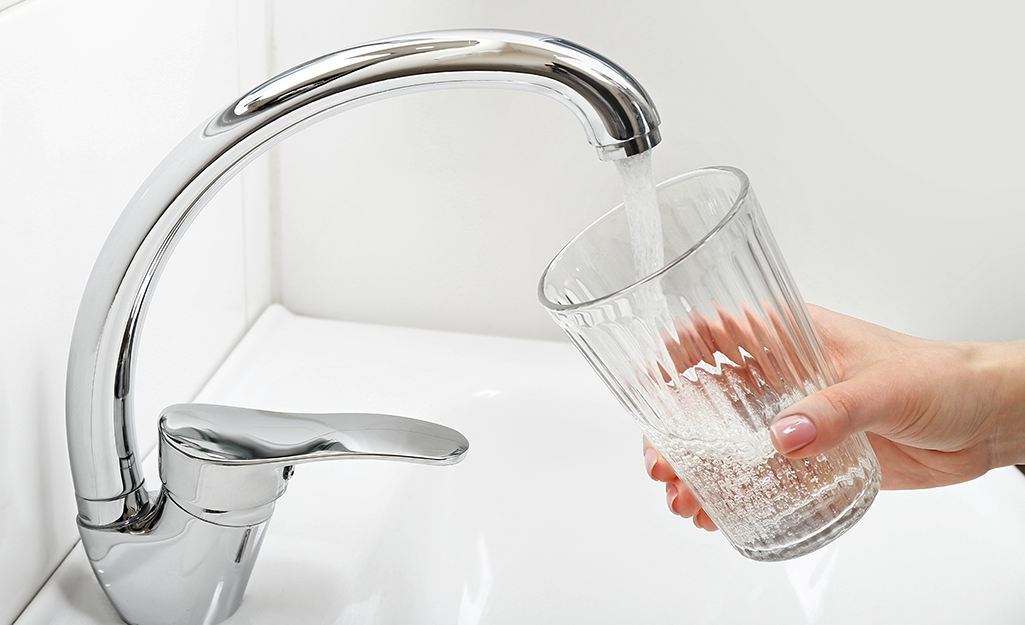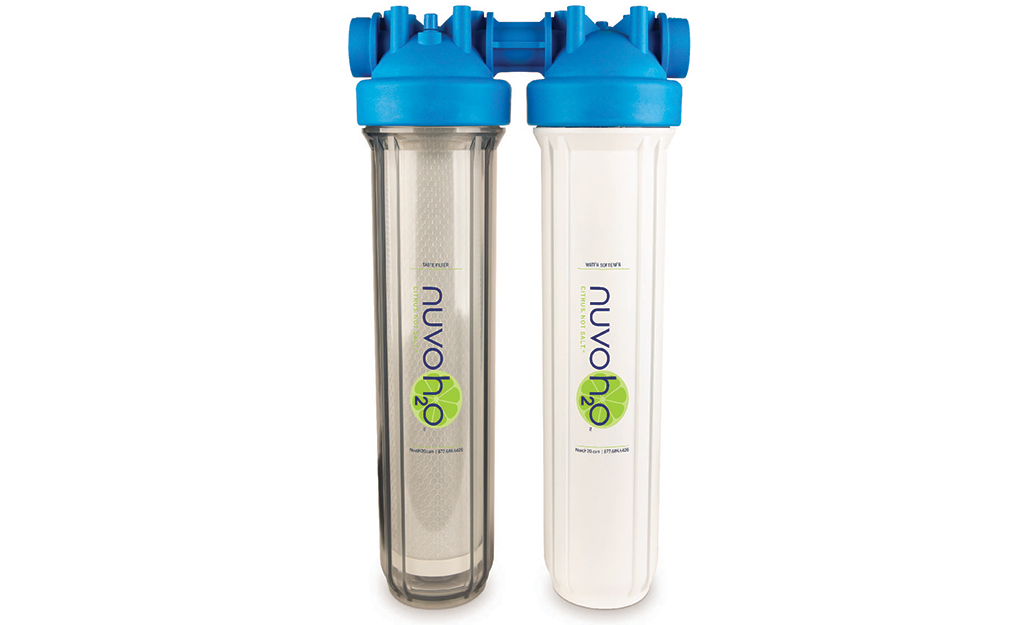Steam Traps - thermostatic steam trap
WATTS 0387096 1/2" VACUUM BREAKER THIS 1/2 IN ANTI-SIPHON PRESSURE VACUUM BREAKER PREVENTS THE REVERSE FLOW OF POLLUTED WATER FROM ENTERING INTO THE POTABLE WATER SUPPLY DUE TO BACKSIPHONAGE. IT CONSISTS OF BRONZE BODY CONSTRUCTION, SILICONE RUBBER CHECK VALVE DISC, PLASTIC CHECK VALVE SEAT, STAINLESS STEEL SPRINGS, A BONNET WITH SILICONE RUBBER O-RING SEAL, A LIGHTWEIGHT PLASTIC DISC FLOAT, TEE HANDLE SHUTOFF, AND TEST COCKS FOR WINTERIZATION DRAINING. IT IS IDEAL IN HEALTH HAZARD CONTINUOUS PRESSURE APPLICATIONS SUCH AS IRRIGATION SYSTEMS AND INDUSTRIAL PROCESS WATER SYSTEMS WHERE THE WATER ENTERS THE EQUIPMENT AT OR BELOW ITS FLOOD RIM. THE MAXIMUM PRESSURE IS 150 PSI (10.3 BAR) AND THE MINIMUM PRESSURE IS 15 PSI (55KPA).
Water softenerCostco

Water softenersystem
While rainwater is “soft” when it falls from the sky, as it flows into aquifers it can absorb minerals such as calcium, magnesium and trace metals. While safe to drink, hard water can inhibit the effectiveness of soaps and detergents, which can result in bathtub rings, spots on glasses and dishes, less effective clothes washing and less effective rinsing of soaps and shampoos.
Through the removal of hard water minerals, softened water generally goes easier on your plumbing and makes detergents and other soaps more effective. The right type of water softener installation can make a difference in how smoothly things flow around the house. Use The Home Depot Mobile App to view our wide range of water softeners and have them delivered to your doorstep.
Culliganwater softener

The term “hard water” refers to ground water that contains high levels of such minerals as magnesium or calcium. Water softeners are devices designed to reduce the amount or effects of minerals in your home’s water system. This guide reviews the different types of water softeners and how they can protect your plumbing and improve your water supply.

Of the various types of water softener systems, the most common are ion exchange water softeners, dual-tank water softeners and salt-free water softeners.
Tip: Salt-based water softeners are restricted in some communities, so check the codes in your area before installing one.




 8615510865705
8615510865705 
 8615510865705
8615510865705